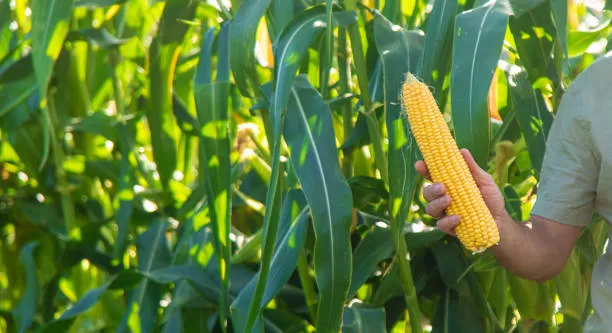NBA Seeks to Incorporate Biosafety and Biotechnology Education into CBC.
The National Biosafety Authority (NBA) plans to collaborate with curriculum developers in Kenya to integrate biosafety concepts into learning materials for students. The initiative aims to familiarize learners with biotechnology and biosafety issues early, preparing them for careers in biotechnology.
NBA Acting Chief Executive Officer Nehemiah Ng’etich stated that the Competency-Based Curriculum (CBC) provides an opportunity to incorporate biosafety topics. He emphasized the importance of ensuring students understand biotechnology and its related safety concerns as part of their education.
“We now have a new curriculum, the Competency Based Curriculum (CBC), and therefore issues touching on biosafety need to be incorporated,” said Ngetich during an internal stakeholder engagement forum.
Join Teachers Updates on Facebook
In Kenya, the Kenya Institute of Curriculum Development (KICD) is responsible for creating curricula for the basic and tertiary education sectors, while universities develop their own curricula. The NBA aims to ensure biosafety aspects are captured within these frameworks.
Strategic Goals in Biotechnology
The government’s Bottom-Up Economic Transformation Agenda (BETA) emphasizes agricultural transformation, economic growth through MSMEs, healthcare, housing, and technological advancement.
These objectives aim to reduce the cost of living, eradicate hunger, create jobs, and improve foreign exchange balances.

However, achieving Kenya’s Vision 2030 and the Millennium Sustainable Development Goals, built on a foundation of science and mathematics, requires enhanced knowledge of biosafety and biotechnology.
The NBA plans to enhance its engagement with county governments to ensure the safety of genetically modified organisms (GMOs) and their derived products in Kenya.
The Authority highlighted its robust legal and institutional frameworks, which include detailed application procedures, safety assessments, and monitoring mechanisms to protect food safety, the environment, and socio-economic interests.
ALSO READ: Kenyan Job Vacancies Increase, but Salaries Take a Hit – Stanbic Report
Last month, the High Court upheld the Cabinet’s October 2022 decision to lift the ban on GMOs, affirming that Kenya’s regulatory systems effectively manage GMO-related concerns. The NBA reassured Kenyans of the safety of GMOs and their derived products within the country.
Expanding Research Partnerships
The Authority announced receiving partnership requests from two public universities for research and development in biotechnology.
This move is expected to bolster the development of GMOs, including genetically modified plants, animals, animal inputs such as veterinary vaccines, and microorganisms.
Ng’etich reiterated that Kenya’s comprehensive legal and regulatory framework aligns with its commitment to food safety, environmental conservation, and the well-being of its citizens. Through such initiatives, the NBA seeks to strengthen the role of biotechnology in addressing critical national priorities.

Follow Teachers Updates on Facebook, LinkedIn, X (Twitter), WhatsApp, Telegram, and Instagram. Get in touch with our editors at [email protected].


Discussion about this post